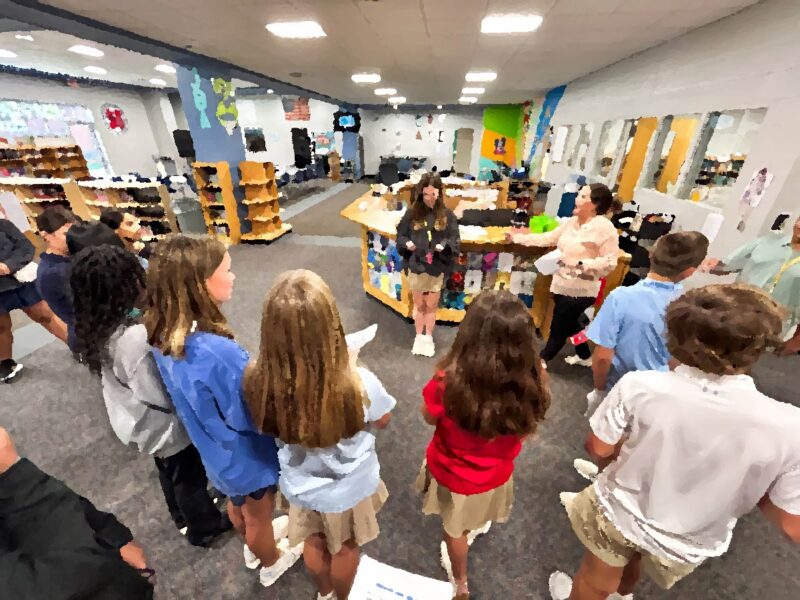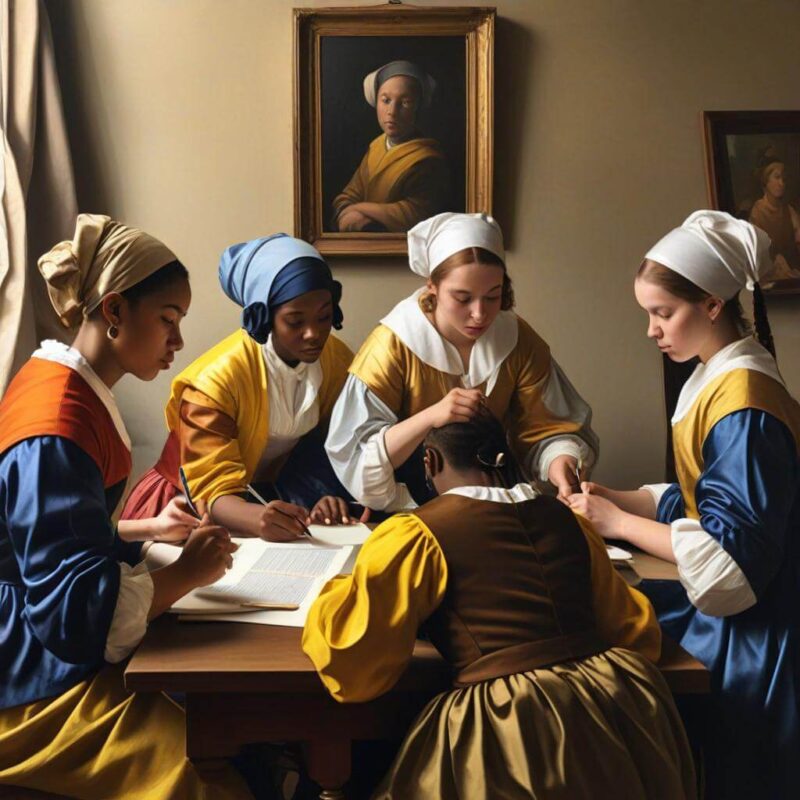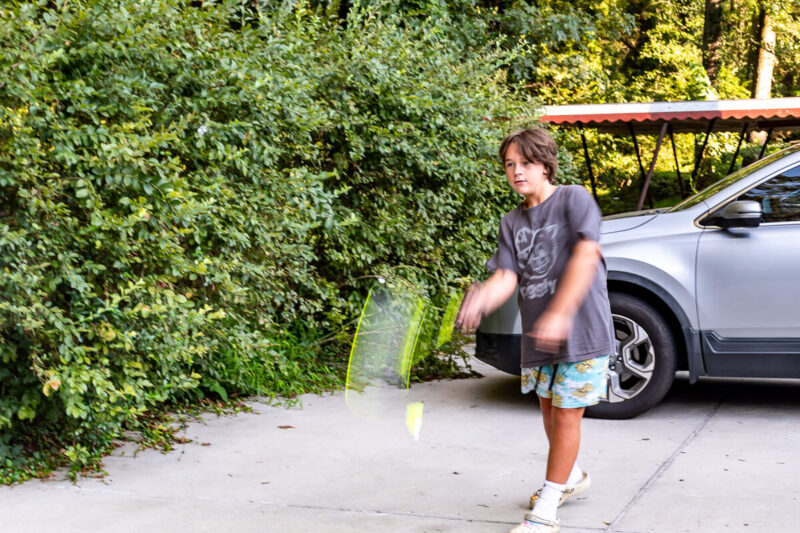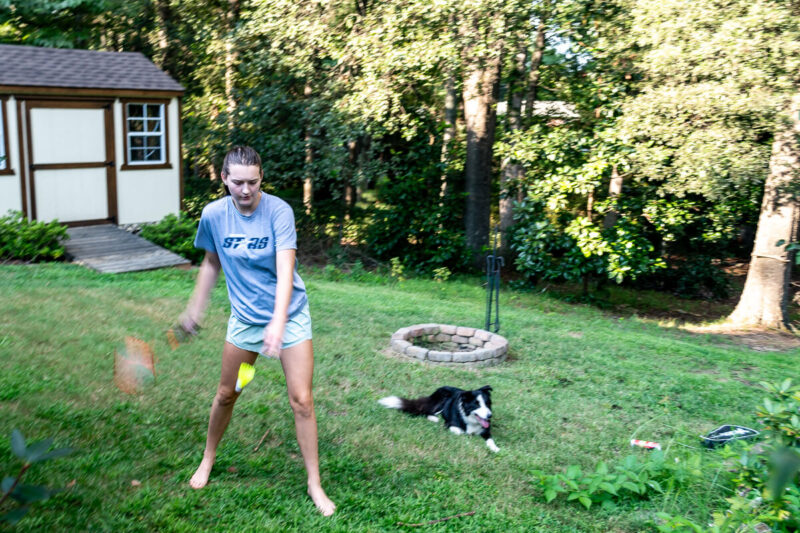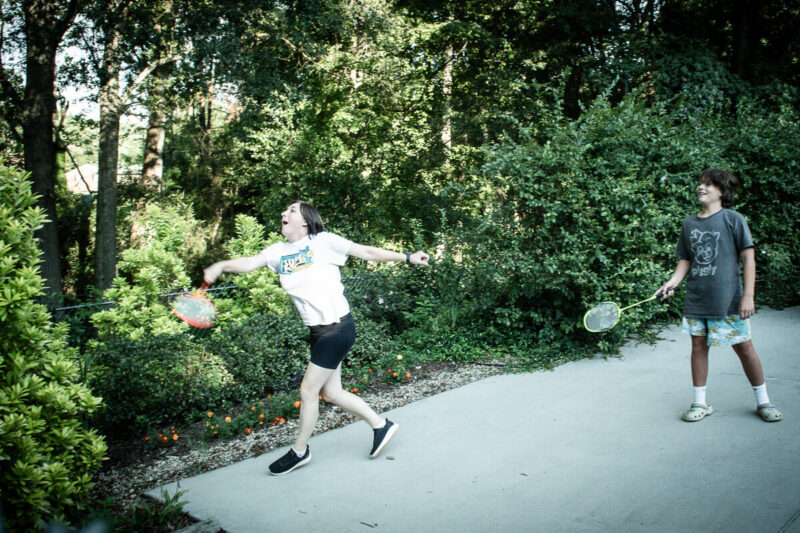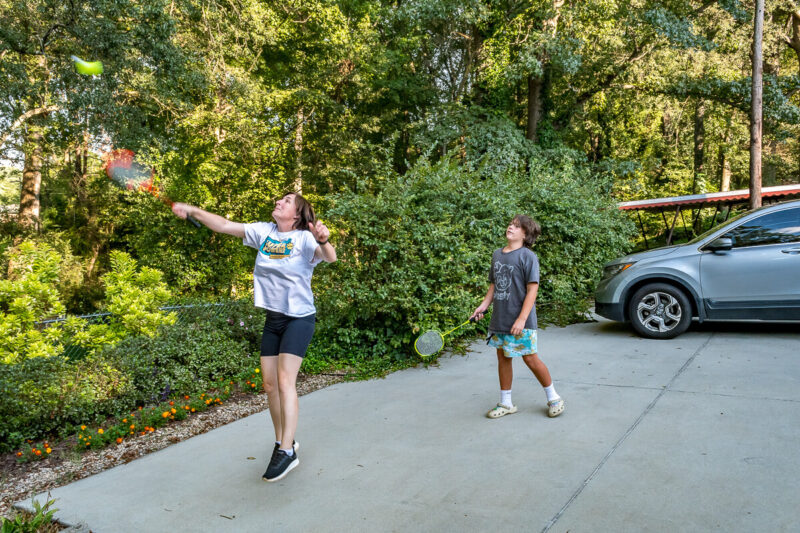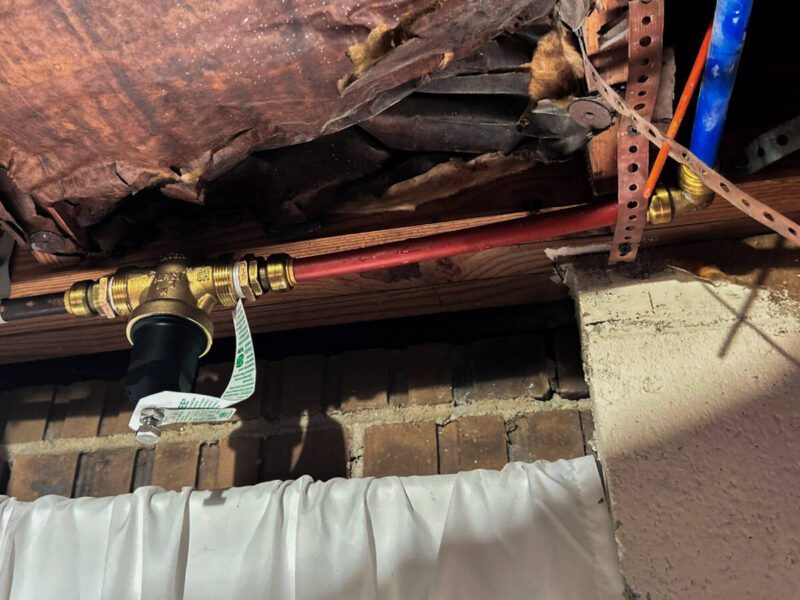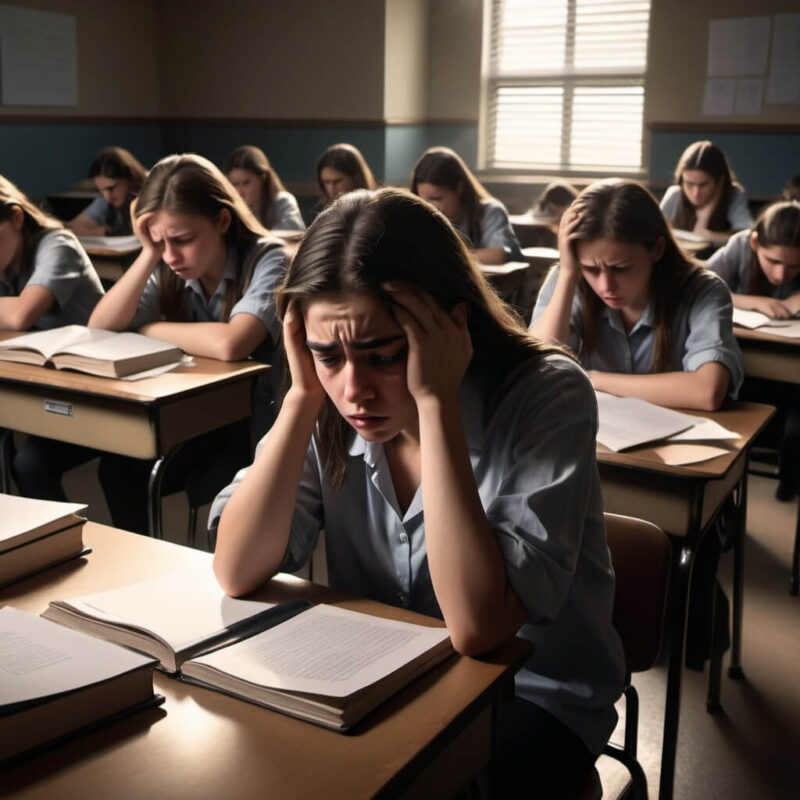I’ve written often enough, I suppose, about how my Saturday rhythm has changed over the last forty years or so. Saturday once meant church, seclusion, no work, no socializing with non-church folks, no sports, no school-related activities. Nothing that could pollute our minds or get our focus away from our sect’s teachings.

Saturday afternoon at 2:30 we met at the IBEW (International Brotherhood of Electrical Workers) union hall. We usually arrived at least an hour earlier, and stayed at least an hour past the 4:30 end time. Every Saturday afternoon, a two-hour meeting during which men of dubious theological education pontificated about the conspiracy theories that comprised the bulk of the organization’s theology. The only saving grace was the playing (and later, as a teenager, socializing) that took place before and after the meeting.

These days, my Saturdays are so much more fluid. Sometimes, there’s a clear outline to the day, with chores in the yard occupying much of my time. Once school starts, I send a fair amount of the morning grading students’ work. Today, for example, I went through 43 kids’ single-paragraph analysis of “The Cask of Amontillado.” They wrote things like this:
The narrator’s story can be trusted because Montressor is confessing his actions to the priest on his deathbed. For example, Montressor talks to the preist because he knows the “nature of [his] soul.” and would not believe that he “gave utterance to a threat”. This proves that the priest knows Montressor very well, probably because the same priest would come to his house often. The priest also would not suppose Montressor killed someone. He would most likely want to admit his wrong doings before he died. Another example is, In “half of a century” no one has disturbed the catacombs or found Fourtunado’s body. It shows that no one has found out what happened to Fortunato 50 years later. This also explains the reasoning why Montressor would tell his priest, because he would be very old by this time; old enough to be on his deathbed. To sum it up, because Montressor is confessing to the priest that he killed Fortunado, this narrative can be reliable.
I worked through the papers in between trimming shrubs, cleaning my bike chain, and cleaning out the basement.
The shrubs — didn’t L just trim those? Her chores on Saturday usually include getting crickets for her frog, shopping (she usually gets the week’s groceries on Fridays, but there’s always something more we need), and cleaning her room.
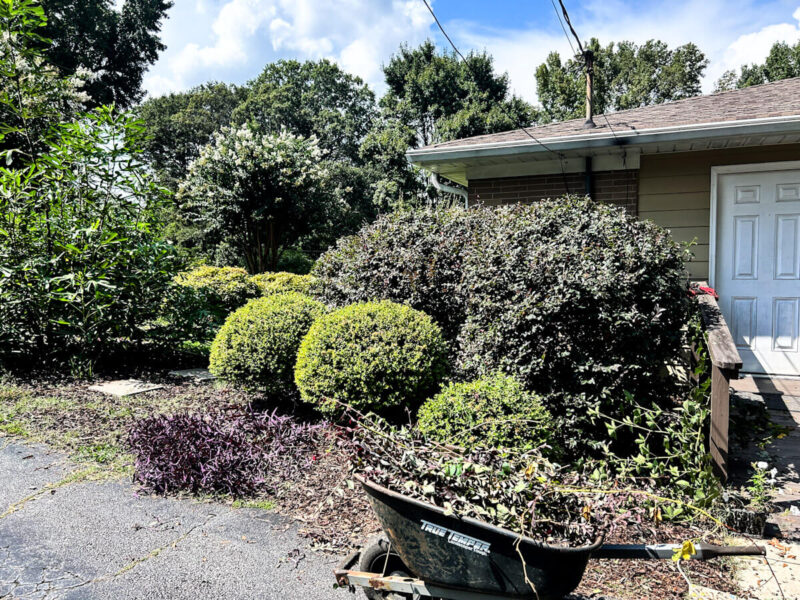
The bike chain — didn’t I just clean it? Bike maintenance is something I’ve never really enjoyed. It’s so tedious cleaning a chain, replacing cables, adjusting brakes, replacing tires. But the worst of it all is definitely chain cleaning. No matter how carefully I clean it, there’s always a bit of grime left behind. But nothing makes a bike look better than a spotless chain.
Today, I used a new degreaser, and I was fairly pleased with the results. Ultimately, what I’d like is an ultrasonic cleaner that I could just drop the chain into for a few minutes and then let dry. But in the meantime, I’ll use a degreasing solution and toothbrush.
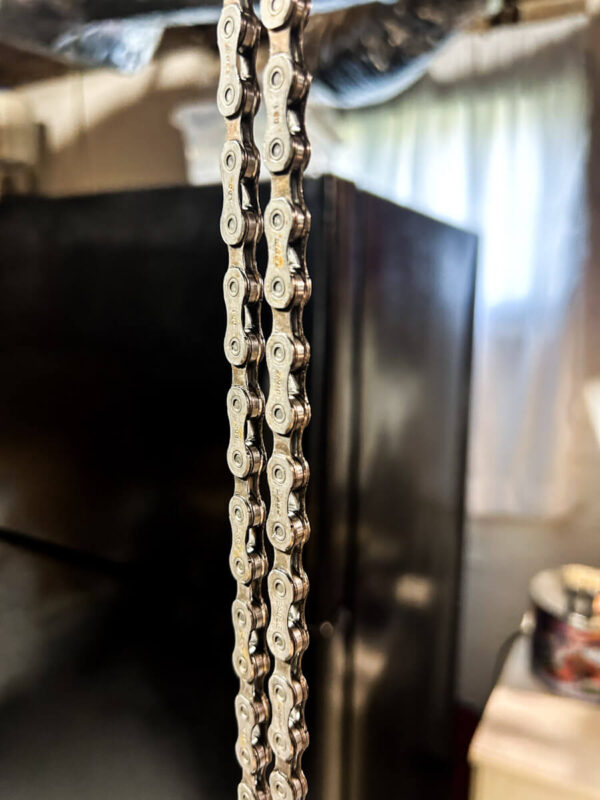
Cleaning out the basement — there’s been a crate of old books that K will eventually take to Goodwill, and among the books are several of my college lit anthologies. I’ve kept them for so long because — well, I really don’t know why. I haven’t cracked one open in so long. I had them at school for a long time, but I’ve run out of shelf space and brought them hope.

That is a story in and of itself. Last year, the state of South Carolina provided each English teacher with $3,500 worth of independent reading books so we could have a classroom library of contemporary, high-interest books. But this year, things changed:
Effective August 1st, 2024, SC Regulation 43-170 requires teachers to produce a complete list of the Instructional Materials (including classroom library books) that are used in or available to a student in any given class, course, or program that is offered, supported, or sponsored by a school, or that are otherwise made available by any District employee to a student on school premises. That list shall be provided upon reasonable request by any parent/guardian of a student in the District.
Greenville County Schools Press Release
In short, we’re not to have any books that even hint at sex. It’s another last-gasp effort of the far right to maintain its stranglehold on young people’s minds, I say to myself. For me, it’s simply a headache, which is why I’ve closed my library: I haven’t made the list yet, and I have no idea when I’ll be able to. In the meantime, I posted a sign explaining the situation, and I look forward to Meet the Teacher night when all parents can see the signs because I’m going to make my presentation standing right beside one.
So I guess in a way, my Saturdays have come full circle.


